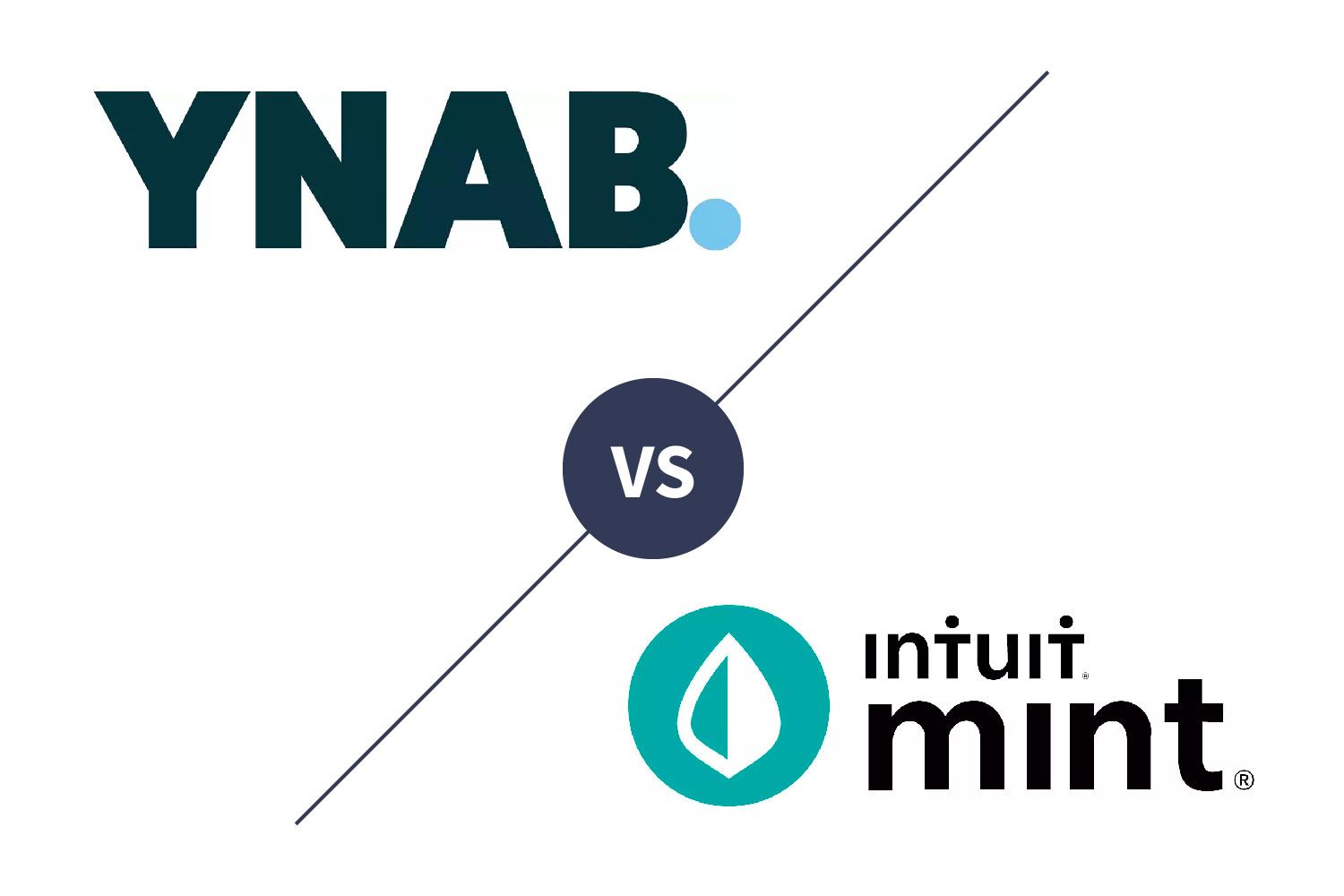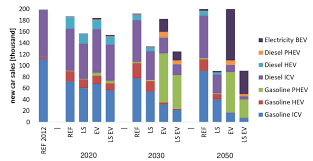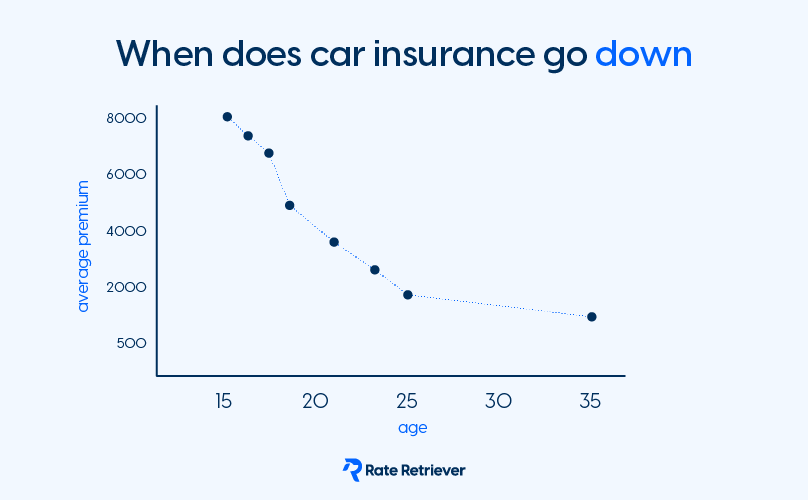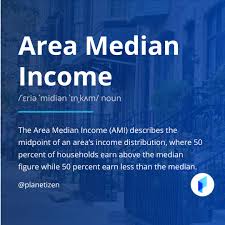The key difference between hybrid vs. electric cars comes down to how they are powered. A hybrid car combines an internal combustion engine (ICE) with an electric motor, while an electric vehicle (EV) runs solely on an electric motor powered by a battery.
Both options are considered more eco-friendly than traditional gas-only cars, but they differ in cost, range, maintenance, charging convenience, and environmental impact.
Defining Hybrid Cars vs. Electric Cars
- Hybrid cars: Use both a gas engine and an electric motor. Types include:
- Mild hybrid: Primarily powered by the ICE with some electric assistance.
- Series hybrid: Can operate using only the electric motor for short distances.
- Plug-in hybrid (PHEV): Rechargeable via an outlet or charging station, with the ability to run longer on electric power.
- Electric cars (EVs): Powered entirely by an electric motor and a rechargeable battery. EVs produce zero tailpipe emissions.
- Fuel cell electric vehicles (FCEVs): A type of hybrid that uses hydrogen fuel cells to power the electric motor, emitting only water vapor.
Pros and Cons of Hybrid vs. Electric Cars
Hybrid Cars
✅ Can switch between gas and electric power
✅ No range anxiety — gas engine kicks in when battery is low
✅ Usually cost less upfront than EVs
❌ Still emit greenhouse gases
❌ More complex system (ICE + electric motor) may increase maintenance costs
Electric Cars
✅ Zero tailpipe emissions
✅ Lower long-term maintenance (fewer moving parts)
✅ May qualify for federal tax credits or rebates
✅ Typically retain value longer
❌ Higher upfront cost
❌ Limited range depending on battery size
❌ Charging infrastructure may not be widely available in some areas
Environmental Impact
- Hybrids still burn gasoline, so they produce emissions (except FCEVs, which emit only water vapor).
- EVs produce no tailpipe emissions, but the environmental impact depends on how electricity is generated in your area (coal, gas, renewables, etc.).
- Both rely on large batteries, raising concerns about battery production and disposal, known as cradle-to-grave emissions.
Which is Better: Hybrid or Electric?
It depends on your lifestyle:
- Choose a hybrid if:
- You drive long distances without reliable charging access.
- You want better fuel efficiency than gas-only cars but aren’t ready for full EV.
- You want lower upfront costs compared to EVs.
- Choose an electric car if:
- You have access to charging at home or nearby.
- You want zero-emission driving.
- You can afford a higher upfront cost for lower long-term maintenance and fuel costs.
👉 Bottom line: Hybrid vs. electric cars each offer unique benefits. Hybrids are flexible, cost-effective options for drivers without reliable charging access, while EVs are the future of clean, efficient driving for those who prioritize sustainability and long-term savings





























